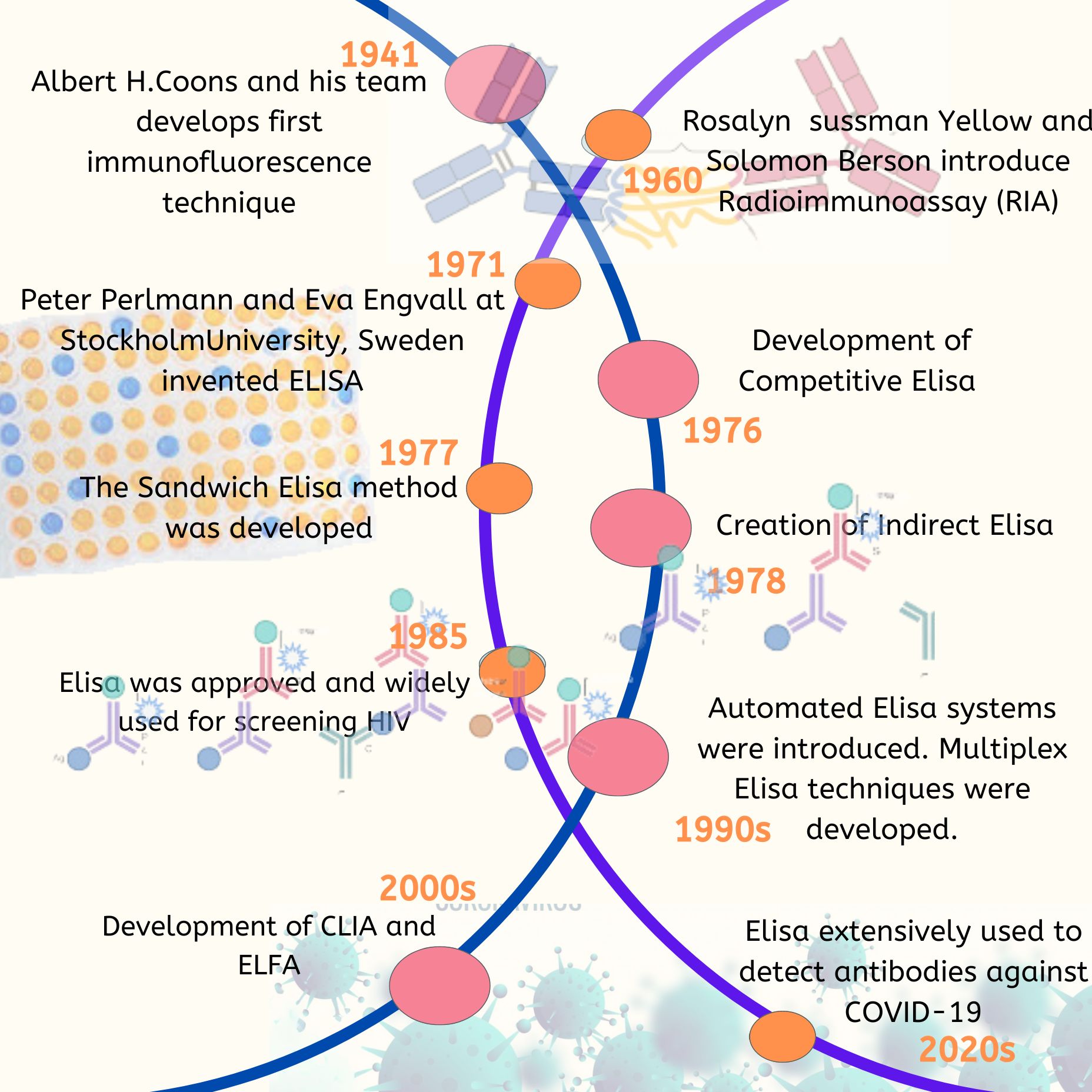Table of Contents
I. Introduction
II. AstraZeneca’s Calquence receives US FDA accelerated approval
III. Calquence: a new option for treatment of mantle cell lymphoma
IV. Mechanism of action and side effects of Calquence
V. FDA priority review and breakthrough designations
VI. Mantle cell lymphoma: a rare type of B cell non-Hodgkin lymphoma
VII. Tumors and growth of mantle cell lymphoma
VIII. Diagnosis and treatment of mantle cell lymphoma
IX. Conclusion
The US FDA’s accelerated approval of AstraZeneca’s Calquence comes as a great relief for adults suffering from mantle cell lymphoma. The drug can only be used to treat those patients who have received at least one prior therapy. The newly approved drug is a new addition to currently available options for treatment of mantle cell lymphoma, a type of aggressive cancer.
The drug works as a kinase inhibitor that works by blocking an enzyme needed for multiplication and spreading of cancer. The commonly occurring side effects of Calquence are headache, diarrhea, bruising, fatigue, muscle pain, reduced levels of red blood cells (anemia), platelets (thrombocytopenia) and neutrophils (neutropenia) in the blood. The serious side effects include bleeding, infections and irregular heartbeat.
The FDA granted priority review for the application and breakthrough designations for the drug candidate and Orphan drug status to the newly approved drug. The regulator’s interest in prioritizing this development shows the commitment to combat mantle cell lymphoma.
A rare type of B cell non-Hodgkin lymphoma, mantle cell lymphoma is a cancer of the lymphatic system. The colorless that flowing through the lymphatic system is called lymph, and this circulates around the body tissues. Mantle cell lymphoma affects the type B lymphocytes. Tumors are formed when abnormal B lymphocytes accumulate in the lymphatic system.
Though Mantle cell lymphoma is classified as low grade lymphoma as visible under the microscope, the lymphoma often grows quickly like high grade lymphoma. Lymphoma is cancer of lymph system, part of body’s immune system and made of lymph tissue, lymph nodes, the spleen, thymus, tonsils and bone marrow. Usually, the diagnosis of mantle cell lymphoma is critical even for delaying complications through effective treatment.



